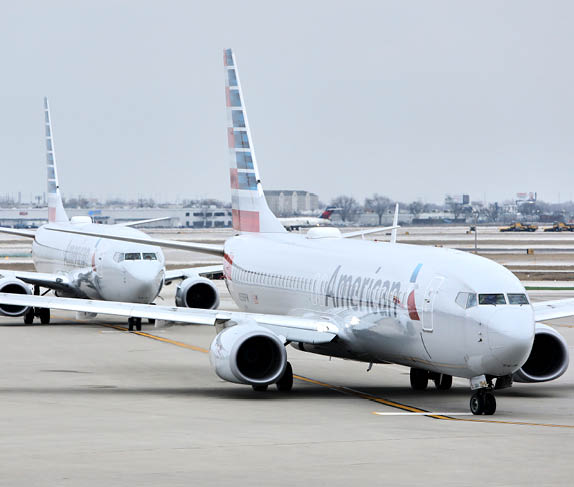Southwest Airlines is supporting the US Department of Energy's National Renewable Energy Laboratory (NREL) to develop commercially viable and scalable sustainable aviation fuel (SAF).
Southwest has undertaken multiple efforts over the years to minimize its carbon footprint and the company states that it continues to seek opportunities to help mitigate emissions. NREL presents one of those opportunities, as Southwest intends to continue to support NREL's work to develop low-carbon, low-cost, high-performance aviation fuels created from wet waste. Southwest plans to work with NREL to bridge a gap between the science behind SAF and the application of these sustainable fuels on a commercial level.
"We recognize the important role SAF will play in Southwest's journey to achieve carbon neutrality by 2050—a goal we're dedicated to reaching," said Stacy Malphurs, Vice President of Supply Chain Management & Environmental Sustainability. "By working with organizations like NREL, Southwest embraces a great opportunity to advance the crucial science that makes this technology possible, and more available. We're excited to work with NREL toward commercially-viable SAF."
According to NREL, its analysis quantifies that US wet waste, including food waste, could produce enough energy content to cover about 20% of US jet fuel consumption. Conventional jet fuel is a primary source of greenhouse gas emissions in the aviation industry—showing the value of creating low carbon or carbon-negative SAF (on a lifecycle carbon assessment basis) from low-cost wet waste is a step toward one day reducing reliance on traditional jet fuel.
NREL has demonstrated how to make SAF from wet waste that is compatible with existing jet engines," said NREL scientist Derek Vardon. "It has the potential for a carbon negative footprint when diverting food waste from landfills.

